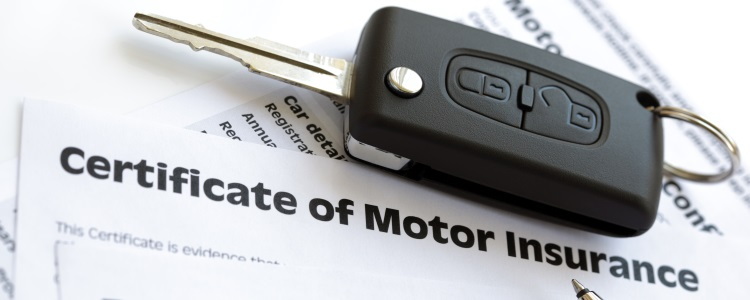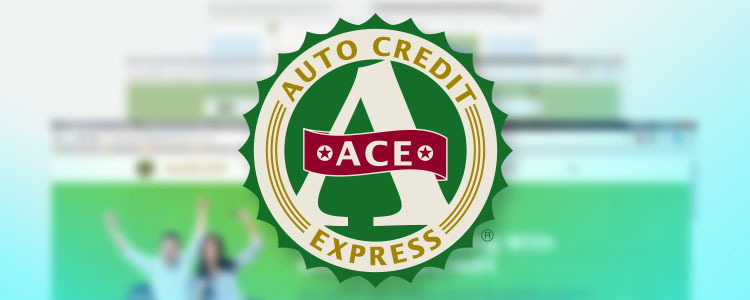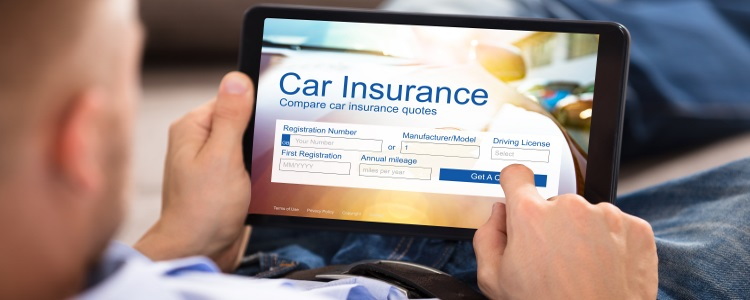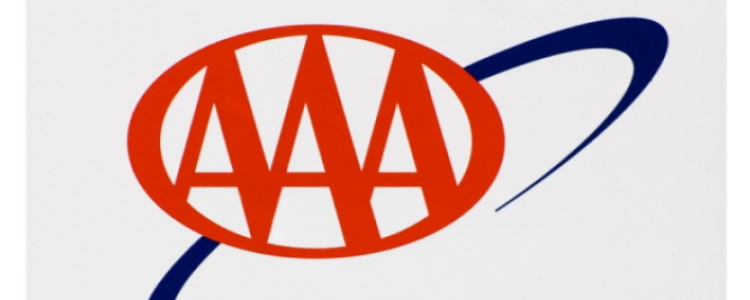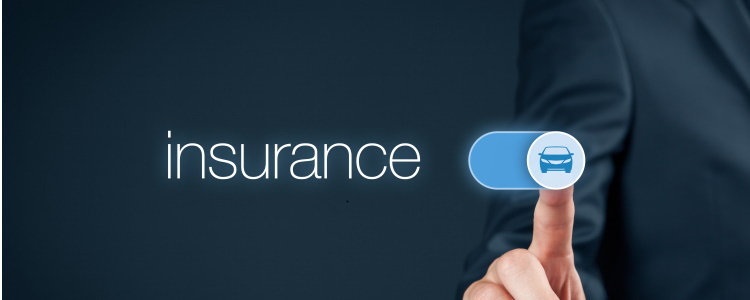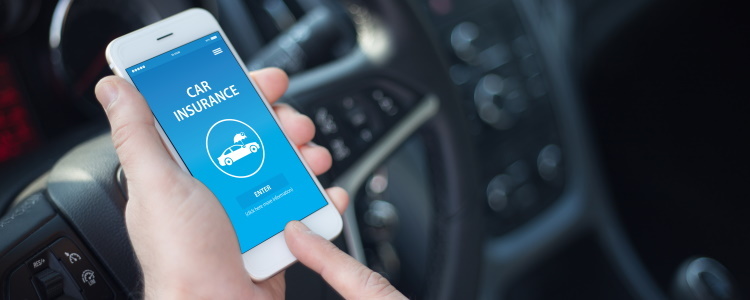Full coverage insurance is designed to give a car owner the most protection possible in case of an accident, natural disaster, or theft. Typical insurance requirements for vehicles vary by state. However, if you're financing a car, full coverage auto insurance is a must.
Full Coverage Car Insurance
 Car insurance comes in many forms: liability, comprehensive, collision, uninsured motorist, medical, and personal injury protection are some general categories. Full coverage auto insurance typically consists of a combination of at least liability, comprehensive, and collision coverage.
Car insurance comes in many forms: liability, comprehensive, collision, uninsured motorist, medical, and personal injury protection are some general categories. Full coverage auto insurance typically consists of a combination of at least liability, comprehensive, and collision coverage.
Liability insurance covers property damage and medical bills if you're at fault in an accident, while collision covers the cost of repairs to your vehicle. Comprehensive insurance covers the unpredictable that's not related to a car accident, like hitting a deer, hail damage, or your vehicle being stolen. Some full coverage policies also include things like uninsured motorist or medical coverage, but, again, this depends on where you live.
Why is Full Coverage Required?
The coverage required for car owners depends on the state they live in. But, if you have an auto loan, most lenders require full coverage insurance. The reason why you're required to have this type of coverage is because while you have an auto loan, the vehicle is the lender's asset – not yours. If your car isn’t paid off and it's totaled or stolen, insurance covers the loss to the lender, covering the value of the vehicle. Without auto insurance to cover this cost, you're responsible to pay off the loan – even if you no longer have the car.
If you owe more than your vehicle is worth, you probably want to consider an additional type of insurance to go along with full coverage: gap insurance. Gap insurance pays the gap between the car’s actual cash value and what you owe on your loan when you're either financing or leasing a vehicle.
What's Not Covered in Auto Insurance
When you purchase your auto insurance policy, it's important that you know what is and isn't covered. It's up to you to get the right amount of protection for your car, income level, and situation. No amount of coverage can protect you from incurring some cost in every situation, but choosing the right coverage types to go into your auto insurance policy can help.
There are some things that just aren't covered by auto insurance, however, and some of them might surprise you. Here are a few examples of things your auto insurance typically doesn't cover:
- Normal wear and tear
- Tire damage
- Rental cars (can often be added to your coverage)
- Custom parts or electronics
- Items stolen from your vehicle
- Damage incurred while racing
- Damage incurred off-roading
- Damage incurred using your car as a delivery vehicle
- Intentional damage
- Medical payments (unless mandated by your state)
- Roadside assistance, towing, or labor (can often be added to your coverage)
You can go to your local auto insurance agent and ask for the full coverage package. Just make sure you know how much coverage you need for your vehicle, and the type and amount of liability coverage that’s required by your state.
Don't forget to include the cost of insurance in your budget when you're shopping for cars as well. Sometimes, the cost of insurance could make or break being able to afford the vehicle you want. Additionally, know that your age, credit score, and the type of car you choose all impact the cost of auto insurance, so plan accordingly.
Need a Vehicle to Insure? Start Here
Remember, if you're financing a vehicle, you need full coverage insurance – that's some combination of liability, comprehensive, and collision insurance – but a "full coverage" auto insurance policy can mean different things to different people. It's up to you to know what full coverage means in your situation. If you're just beginning the car shopping process, make sure you keep insurance, and all the additional costs of owning a vehicle, in mind while you shop for the right car for you.
If you need a vehicle, but aren't sure where to start, especially if you're struggling with credit issues, look no further. Here at Auto Credit Express, we work with an extensive network of special finance dealers from coast to coast that have lenders available to work with people in many types of credit situations. Begin your auto financing journey with us today. Simply fill out our free and easy auto loan request form to get started now.
